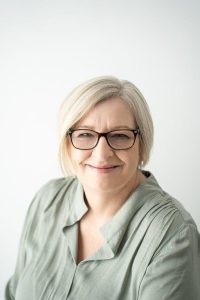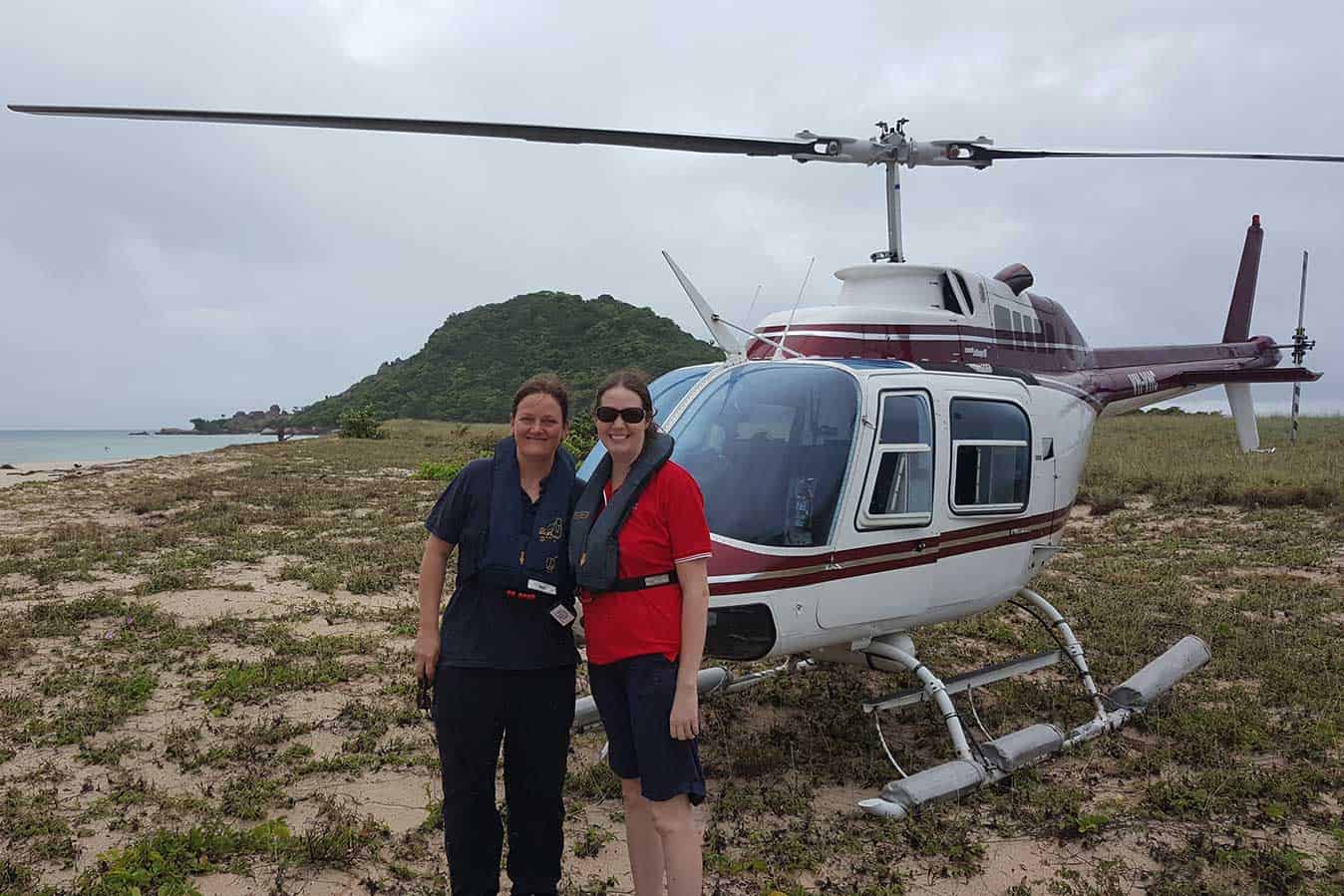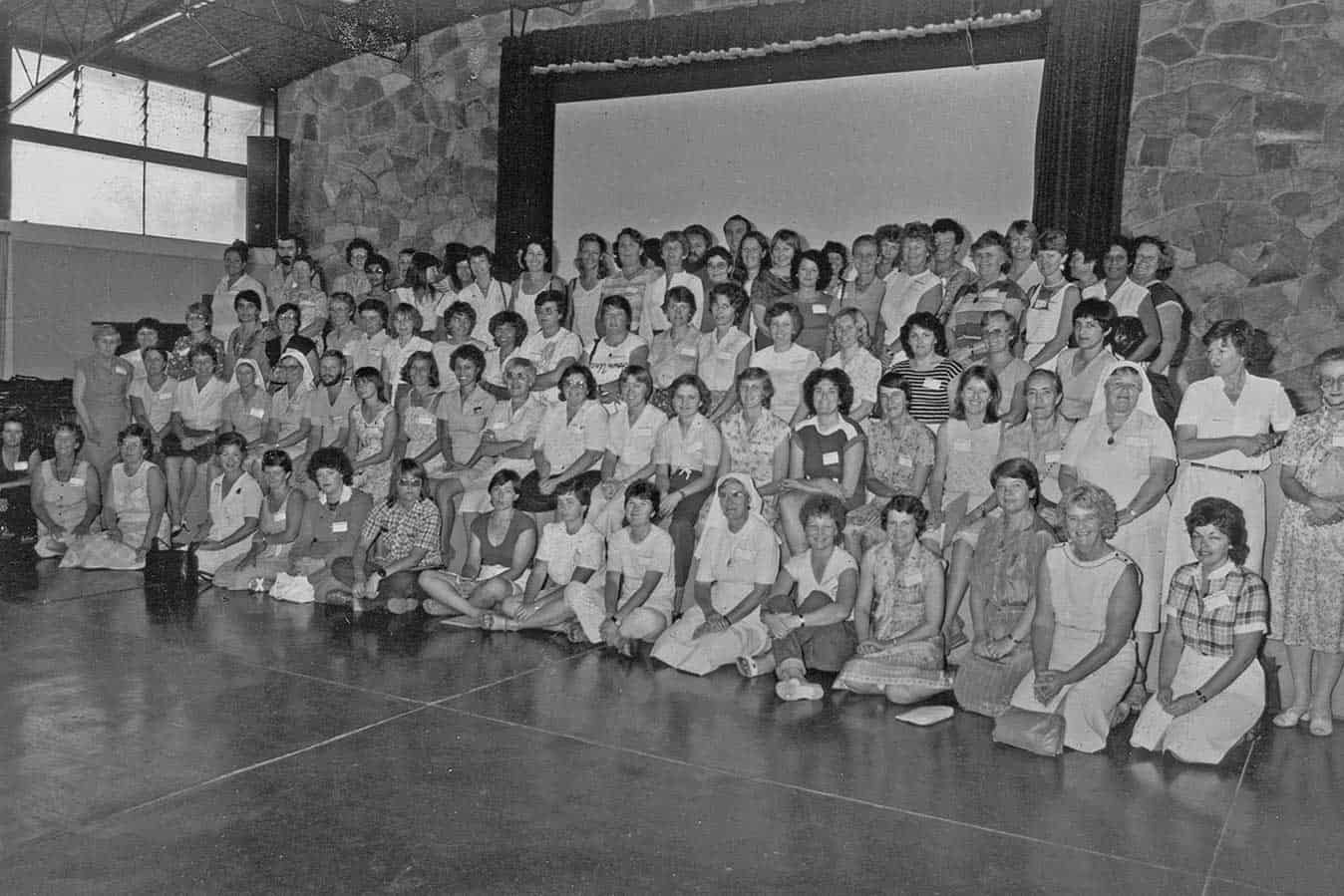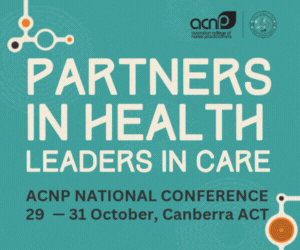In 1983, a group of passionate remote area nurses came together in Alice Springs to discuss key challenges facing the workforce.
The inaugural conference of CRANAplus, the peak professional body for the remote and isolated health workforce, the meeting cemented the recognition that remote area nurses were stronger when they stood together. The organisation will continue the theme at its upcoming 40th annual conference, Building on 40 years of strength for a sustainable, skilled and safe workforce.
This year’s event will explore clinical updates, wellbeing practices, leadership capabilities and research findings related to remote health, with keynote speakers including Professor Edward Strivens and Nurse Practitioner Lesley Salem.
CRANAplus Acting Chief Executive Officer Pamela Edwards says delegates will have the opportunity to reflect on the achievements of a unified workforce over the past four decades, drawing inspiration from the past to highlight present priorities and carve a roadmap for the future.
“Our organisation has a rich history as the peak professional body for the remote health workforce and reaching 40 years has been an opportunity for us to collectively take stock of that,” Ms Edwards says.
“CRANAplus means so much to so many people. Members value having us as their voice, as an organisation that will listen to what they need and that will strive to fill the gaps and advocate for policy reform.
“This conference is an opportunity to reflect on what the workforce has achieved, but most importantly, what it can achieve in the next 10, 20 or 40 years. It’s a place where we can ask: what are the challenges facing the workforce today and how can we address them? It’s an opportunity for delegates to gather helpful and practical information, take that back to their workplaces, and apply it to their health service.”
Experienced across health sectors in NT, NSW, SA and Queensland, Ms Edwards first became aware of the important work of CRANAplus when taking part in an evaluation of the benefits of the services and products the organisation provides, and their advocacy and support of the workforce. She officially joined the organisation in 2020 as a National Program Manager when CRANAplus was delivering mental health training to health professionals in drought and bushfire affected areas, following the Black Summer bushfires of 2019-20.

“I saw the workforce at their most vulnerable, but also their most resilient. Their strength and commitment have continued to inspire me, in my role as Executive Director, Mental Health and Wellbeing, and now as Acting CEO,” she says.
The remote health sector’s peak professional body, CRANAplus is relied upon for clinical education, professional resources, and mental health and wellbeing support.
“We advocate for a workforce that may otherwise be overlooked, overshadowed, or lumped in with healthcare in urban locations. A lot of trust is invested in CRANAplus, and I take this trust seriously and will endeavour to live up to it. I draw strength from the inspirational team around me,” Ms Edwards adds of her new role.
As CRANAplus moves towards its Strategy to 2025 to grow, develop, and upskill the workforce, Ms Edwards says people often still ask ‘How do I become a remote area nurse?’
“Enthusiasm is certainly there among the nursing workforce, but prospective RANs may find themselves held back by a lack of clarity or a clear pathway. This is why we have developed resources such as our ‘Becoming a Remote Area Nurse: Essential Knowledge’ module to guide interested nurses and support the workforce’s growth.
We also ran an exciting inaugural program with four nurses, helping them to gain the skills for a transition to remote nursing. The possibilities are endless in this space, particularly now that we have the National Rural and Remote Nursing Generalist Framework 2023-2027 – a landmark in the history of the remote health sector. CRANAplus was a key stakeholder on the steering committee for the Framework and our attention now turns to supporting its implementation.”
Like all sectors, the remote and isolated health workforce is still taking stock as the world emerges from the COVID-19 pandemic, which highlighted many challenges.

“At the heights of the pandemic, it was challenging for the workforce to sustain its focus on chronic disease and preventative health. It was harder to bring staff in, easier for staff to burn out and harder for them to take leave. Health services sometimes found themselves short and recruited less experienced staff into an environment demanding advanced skills, yet with limited supports available. This all reflects the budgetary and staffing challenges the sector can experience, and these conditions have continued post-pandemic,” Ms Edwards explains.
“A strategic and proactive approach is required if we are to mobilise a well-prepared workforce. Doing so requires established pathways, incentives, and a focus on sustainability. It is one thing for the workforce to be present; another for it to be empowered to have its full impact. This requires investment and programs to improve staff safety and wellbeing, and to address the social determinants that underlie health inequality. CRANAplus continues to advocate for this big-picture approach in a wide range of national forums.”
The 40th Annual CRANAplus Conference will be held from 10-12 October 2023 at the Cairns Convention Centre. Find out more here








